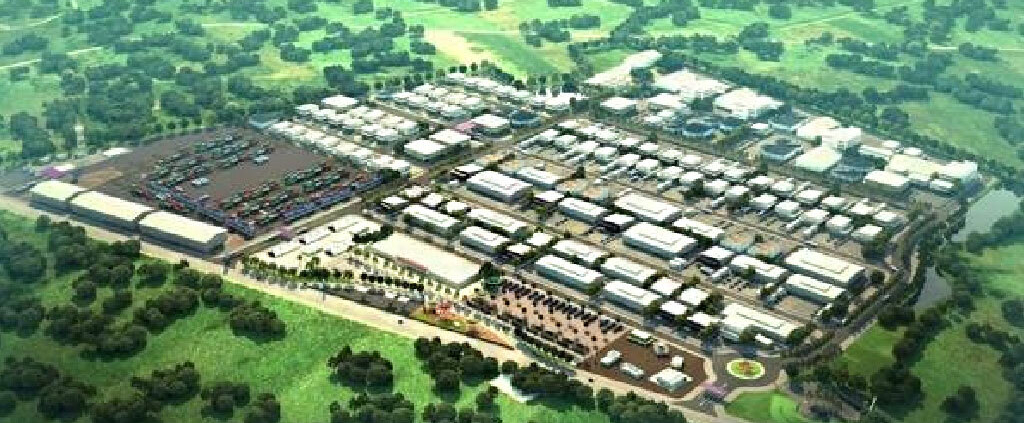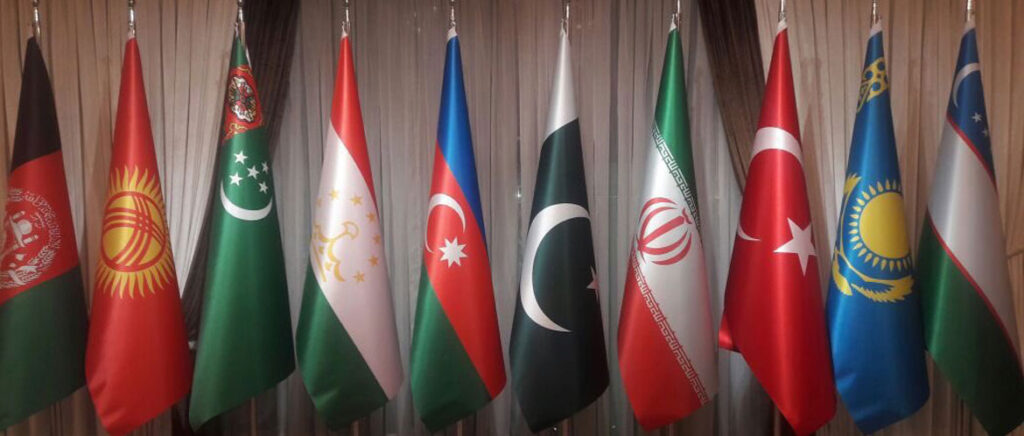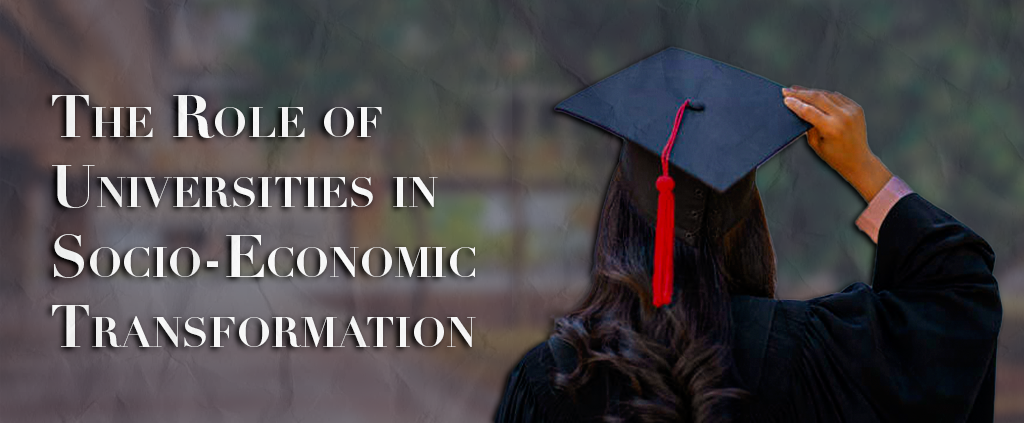Dimensions of Narcotic Substance Abuse and Control: A Perspective From Pakistan
Introduction Narcotic substance abuse in the form of opium has been a historical phenomenon in the Asian regions, quite often destroying nations’ capacities and resilience. However, in recent times narcotics have transformed into more sophisticated and deadly substances, affecting societies in dangerous ways. World-wide drug addiction or substance abuse, in present times, has emerged as […]
Dimensions of Narcotic Substance Abuse and Control: A Perspective From Pakistan Read More »






